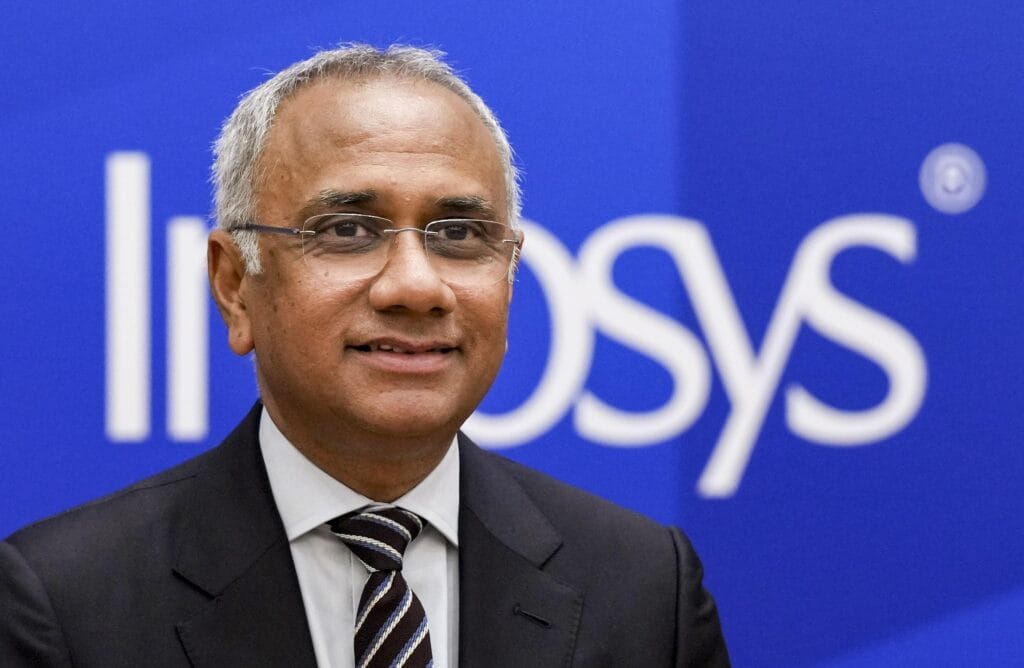Born on March 10, 1973, in Suqian, Jiangsu Province, China, Richard Liu, also known as Liu Qiangdong, is the founder and essential pillar of JD.com, one of the largest e-commerce platforms in China. In 2004, with a bold vision of offering authentic products to consumers at unmatched speeds, Richard Liu transformed his business from a modest startup to a global giant in online commerce. With a journey that reflects boundless ambition and unwavering resilience, Richard Liu has emerged as an influential leader, shaping the landscape of digital commerce not only in China but also internationally.
Table des matières
ToggleBiography of Richard Liu: the visionary behind JD.com
Richard Liu, born on March 10, 1973, in Jiangsu Province, China, is the founder and president of JD.com, one of the largest e-commerce platforms in the world. From a young age, he adeptly turned adversity into opportunity, transitioning from his childhood in an underprivileged village to a true e-commerce empire.
He founded JD.com in 2004 with a singular vision: to offer consumers authentic products with unparalleled delivery speeds. Under his guidance, the company transformed from a humble startup to a global giant in online retail, even competing with behemoths like Alibaba.
Thanks to his leadership and unmatched business acumen, Liu has not only shaped the online retail industry in China but has also established himself as one of the most influential entrepreneurial figures in the country. In 2011, he received the prestigious “Chinese Economic Person of the Year” award from CCTV, the national Chinese television, recognizing his outstanding contributions to the digital market.

The modest beginnings of Richard Liu
Richard Liu, known in China as Liu Qiangdong, was born on March 10, 1973, in a small town in Jiangsu Province, China. Coming from a modest family, Liu grew up with a strong desire to succeed and change his life. After earning a scholarship to university, Liu studied sociology at Renmin University of China while self-teaching himself computer programming. This combination of skills laid the groundwork for his future career in digital commerce.
The creation and rise of JD.com
In 2004, Richard Liu founded JD.com, initially under the name Jingdong Mall, in response to the SARS outbreak that had significantly disrupted traditional commerce in China. His goal was to provide customers with authentic products at remarkable speeds, a vision that remains at the heart of the company today. Liu innovated by developing an integrated logistics infrastructure, allowing JD.com to ensure fast and reliable deliveries nationwide. This strategy proved successful, enabling JD.com to become a major player in e-commerce, not only in China but also on the global stage.
The phenomenal growth of JD.com also relies on Liu’s commitment to technological innovation. Under his leadership, the company has invested heavily in advanced technologies such as artificial intelligence and robotics to enhance its operational efficiency. Furthermore, JD.com has established strategic partnerships with multinational corporations and expanded its product portfolio to include various sectors. These initiatives have allowed the company to effectively compete with giants like Alibaba.
The impact of Richard Liu on the digital market
Through his visionary leadership, Richard Liu has transformed JD.com into a leading e-commerce platform, profoundly influencing the Chinese digital market. He has not only set new standards for customer service but has also inspired a new generation of entrepreneurs to adopt a technology-driven approach to optimize the supply chain. His contributions to the industry have earned him prestigious recognitions, including the title of “Person of the Year of Chinese Economy 2011” awarded by CCTV, the national television of China.
Liu’s legacy continues to grow, even after his retirement from JD.com’s executive roles in April 2022. Today, his influence extends far beyond the company he founded, testament to the power of ambition and resilience in the world of digital business.





